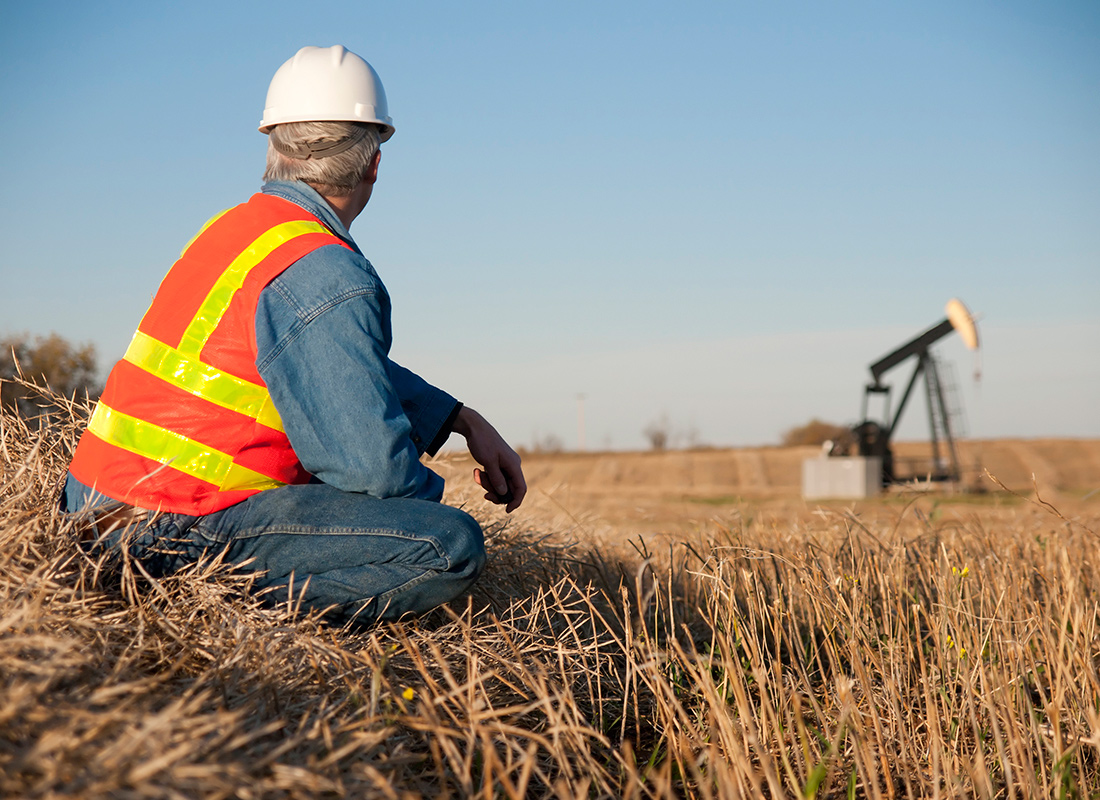All Categories
Featured
Table of Contents
What Is Geophysics And What Do Geophysicists Do? in Leda Australia 2021
This work is increasingly contracted out, so consultancies provide another source of employment. Consultancy companies vary in size, from very small companies to large multinationals. Some consultancies are rather specialised in using particular geophysical methods or operating in specific locations, while others provide a more diverse range of services to their clients.
The extraction of gas from garbage dump websites is another location of employment and this might grow in the future. Exploration business might carry out work for building firms, water companies, mining companies and environmental companies, so geophysicists may be used in any of these settings. Other employers include: geological surveysgovernment bodies and agenciesuniversities and research institutes.


Vacancies might be noted in the oil and gas sector press. Recruitment is affected by oil price variations and the level of competitors for positions varies depending on this. Professions Days, which cover the complete series of geoscience professions and are normally participated in by a variety of crucial market employers, are run by The Geological Society.
Geophysical Survey - An Overview in Carlisle Aus 2021
A few of the large oil and gas business offer a full two-year structured training program across the breadth of geophysics, including the chance to experience work in different teams before specialising in one location. Your training may consist of work on: existing wellsmagnetic and gravitational potential field information analysisresearchrock analysis. It's more usual for your preliminary training to be offered on the task.

There may be a probationary duration during which you work alongside a knowledgeable colleague. Competency-based appraisals take place routinely in many firms. In smaller sized companies, and for academic posts, there is unlikely to be any official training - you'll be anticipated to begin work straightaway and get abilities as you go along.
If you work for a smaller business, you may discover that you need to take responsibility for arranging and moneying your own advancement and training. If you have a geology degree, membership of The Geological Society can be helpful for networking and for keeping up to date with the market.
What Do Geoscientists And Hydrologists Do? in Beechina WA 2022
You may also find it beneficial to join the PESGB (The Petroleum Expedition Society of Great Britain, which has a geophysics unique interest group. After a probationary duration, and once you have actually gotten some experience, you could advance to senior geophysicist, then team leader and then into a senior role in management.
The ease of movement between functions depends on the business structure. Research study at Masters or Ph, D level in a subject associated to geophysics or geosciences may assist with your career advancement and progression. The employment market within the oil and gas industry is really based on price and this might impact your opportunities for career development.
Not all tasks are reliant on the oil and gas markets. For experienced geophysicists, freelance consultancy offers a good path for career development. You can also specialise in a particular area of geophysics. As a geophysicist, you're likely to have several tasks throughout your working life. International mobility is essential for handling peaks and troughs in different nations at different times.
Frequently Asked Questions in Martin Western Australia 2020
From geophysics, it's possible to concentrate on seismology (completing more training to become a seismic interpreter) or to move into associated areas such as engineering geology or hazard forecast.
Deciding what to study in college is a difficult option. Even if you know that your field of interest lies in science, what program of research study is right for you?
The very first action to accomplishing your goal of becoming a geophysicist is making a degree. Even for entry-level positions in the field of geoscience, you'll require a bachelor's degree (a geophysicist college degree) from a certified college or university. Geophysicists must be able to: examine rocks, photos, and other pieces of data carry out research both in the field and in laboratories produce maps and charts of their findings write reports To accomplish all this, trainees require a specialized education for geophysicist professions.
As specified above, you'll require a bachelor's degree in geoscience or a related discipline, such as a physical science or a life sciences, to land an entry-level task. But students can likewise prepare by learning subjects like: Biology Chemistry Computer system science Engineering Mathematics Physics The above geophysicist majors offer a more generalized approach to a single clinical discipline, but the majority of programs need students to take one or more geology course.
Table of Contents
Latest Posts
What Is Geophysics And What Do Geophysicists Do? in Butler Western Australia 2022
Geophysical Survey - Archaeological Research in Lockridge WA 2020
Geophysical Investigations in Kelmscott Western Australia 2023
More
Latest Posts
What Is Geophysics And What Do Geophysicists Do? in Butler Western Australia 2022
Geophysical Survey - Archaeological Research in Lockridge WA 2020
Geophysical Investigations in Kelmscott Western Australia 2023